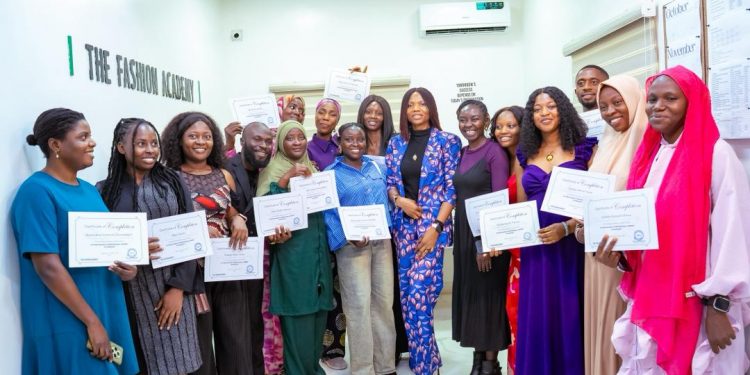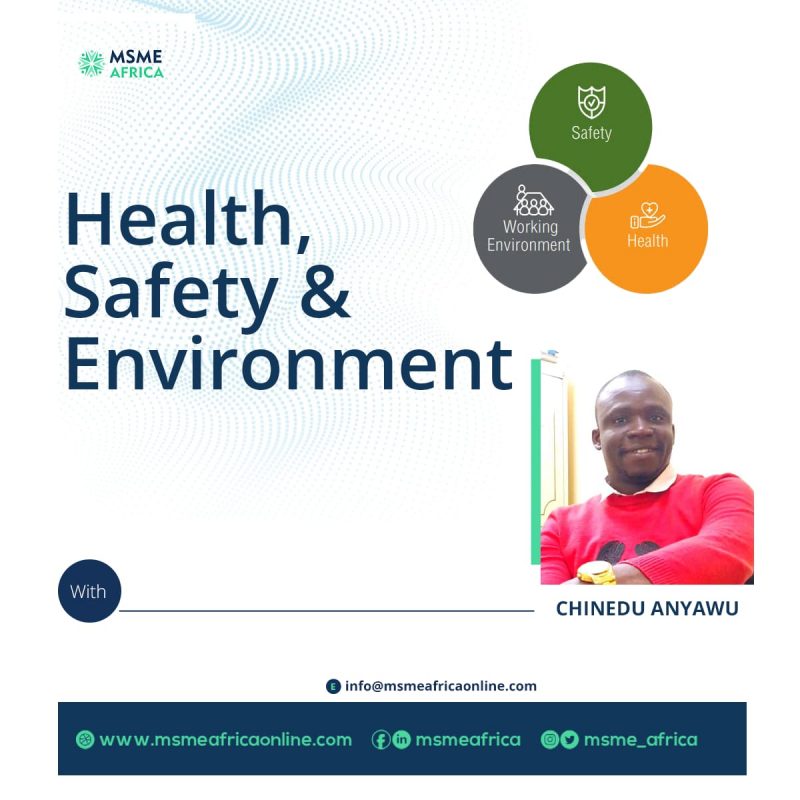The Federal Ministry of Art, Culture, Tourism, and the Creative Economy, in collaboration with The Fashion Academy Abuja, has successfully concluded a one-month intensive training under the Creative Leap Acceleration Programme (CLAP). The initiative, focused on Pattern Making and Professional Sewing Techniques, was designed to equip participants with hands-on, industry-ready skills to compete in Nigeria’s growing fashion and creative sectors.
According to the Ministry, the programme forms part of its ongoing efforts to strengthen the creative economy and position fashion as a major contributor to national development. It stated that CLAP was introduced to “inspire a new generation of creatives to dream, design, and deliver,” adding that participants were selected for their passion, creativity, and potential to become changemakers in the industry.
At the closing ceremony in Abuja, the graduating students were celebrated for their hard work, creativity, and resilience throughout the training. The Ministry expressed appreciation to The Fashion Academy Abuja for its continued collaboration and commitment to maintaining global standards in fashion education, enterprise development, and mentorship.
Speaking at the event, representatives of The Fashion Academy noted that the training was not only about technical skills but also about nurturing creativity, business acumen, and innovation. They emphasised that fashion remains a vital part of Nigeria’s cultural identity and an emerging pillar of economic diversification.
The Ministry reaffirmed that the Creative Leap Acceleration Programme aligns with the Federal Government’s vision to create jobs, empower young people, and promote Made-in-Nigeria products that can compete globally. By investing in practical skill-building programmes such as CLAP, the Ministry said it aims to reduce unemployment, stimulate local production, and support the export potential of Nigeria’s creative industries.
It added that the programme would be extended to other parts of the country, ensuring that more young Nigerians can benefit from professional fashion training and access to opportunities in the global creative economy.










